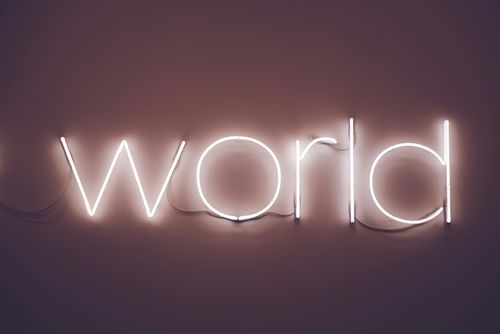Mindful Contradictions: Embracing Complexity the Sontag Way in a Simplistic World
Nov 15, 2024 · 2 mins read
0
Share

Susan Sontag famously leaned into contradictions, not to resolve them but to dwell in their productive tension. For her, complexity wasn’t a puzzle to solve but an essential framework for understanding art, politics, and personal identity.
Save
Share
At first glance, embracing contradictions may seem counterproductive. Yet Sontag’s work shows that our desire for clarity often oversimplifies life’s richness. This avoidance of complexity can rob us of deeper insights into both ourselves and the world around us.
Save
Share
The critic who tries to systematize truth misses what Sontag called “the inexhaustible riches” of ambiguity. She believed that art—and life itself—thrives on polysemy (multiple meanings), where conflicting truths coexist without being reduced into neat categories.
Save
Share
A striking contradiction in her own life: while she championed individual authenticity, she meticulously curated her public persona. Far from hypocritical, this reflected her belief that intellectual sincerity didn’t require transparency; it demanded integrity within self-made complexity.
Save
Share
Historically speaking, many influential figures embraced paradoxes. Think Nietzsche or Emerson. For them, as with Sontag, contradictions offered profound existential freedom—a break from rigid dichotomies like true/false or good/evil toward a more nuanced moral landscape.
Save
Share
Critics have often framed Sontag as difficult or elitist due to her resistance to simple answers. But this misses the point entirely: she wasn’t advocating difficulty for its own sake but challenging readers (and thinkers) to inhabit intellectually uncomfortable spaces fully.
Save
Share
Take "Against Interpretation." It’s easy to see as an attack on analysis itself. But look closer: it argues not against interpretation per se but against overly reductive readings of art that strip works of their emotional and visceral power by narrowing complex experiences into simplistic critiques.
Save
Share
In a media-saturated world obsessed with surface-level hot takes and binary thinking (right/wrong), Sontag offers an antidote: slow down and engage deeply with contradictory ideas without rushing toward conclusions. This might seem inefficient—but it could lead you somewhere unexpected.
Save
Share
Personal reflection becomes richer when we embrace our internal contradictions instead of editing ourselves down into socially acceptable narratives. By acknowledging desires or beliefs that conflict with each other, we foster greater self-awareness and empathy toward others’ complexities.
Save
Share
Ultimately, Sontag teaches us this powerful lesson: Certainty is comforting but limiting; complexity is uncomfortable yet generative. To grow intellectually and emotionally requires not just tolerance for contradiction—but active engagement with it.
Save
Share
0